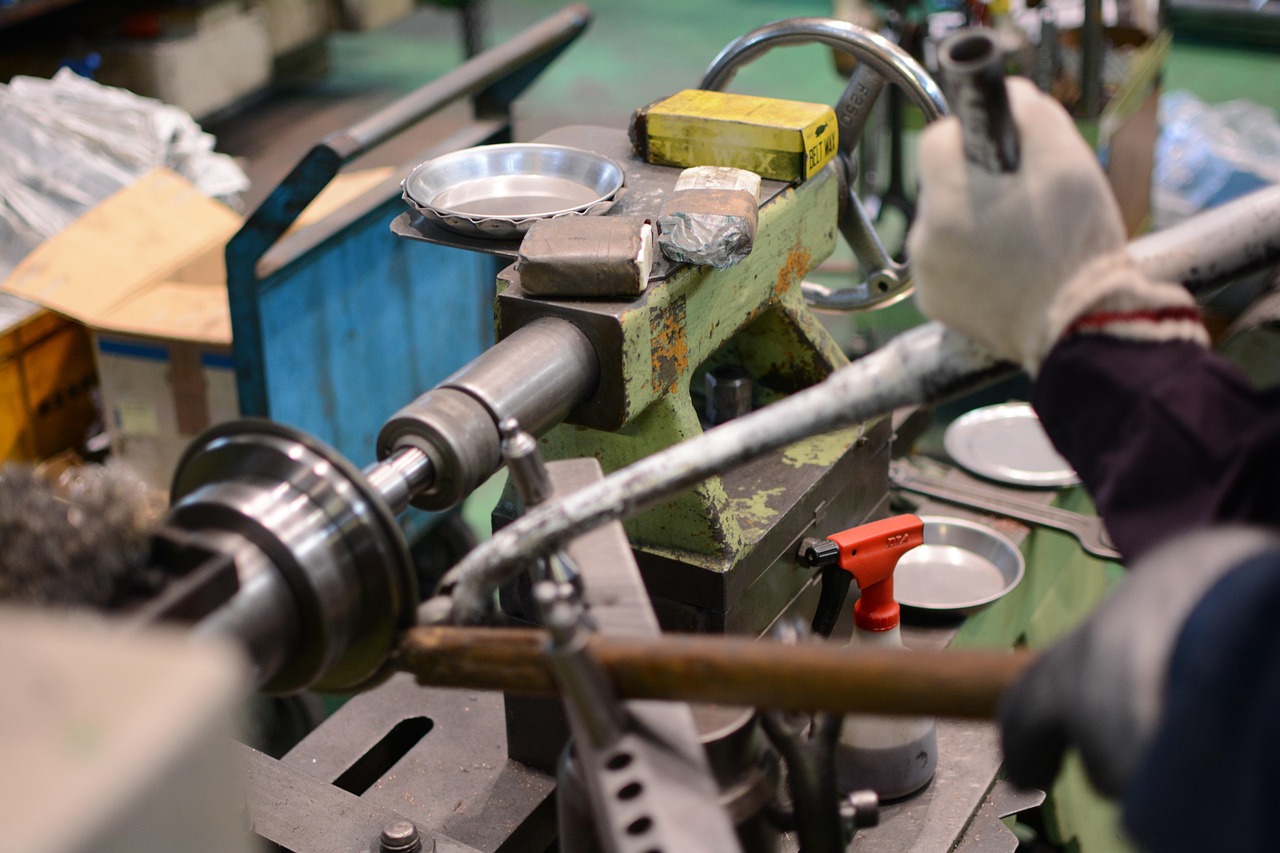Maintenance Technician Careers: A Comprehensive Overview
Maintenance technicians play a crucial role in keeping buildings, machinery, and equipment functioning smoothly. This article provides an in-depth look at the field of maintenance technology, exploring the responsibilities, skills, and career prospects associated with this profession.

What does a maintenance technician do?
Maintenance technicians are responsible for the upkeep and repair of various systems within buildings and facilities. Their duties often include inspecting equipment, performing preventative maintenance, troubleshooting issues, and conducting repairs. In larger buildings, maintenance technicians may specialize in specific areas such as electrical systems, HVAC, or elevator maintenance.
What skills are required for maintenance technician jobs?
Successful maintenance technicians possess a combination of technical knowledge and practical skills. These often include:
-
Mechanical aptitude
-
Electrical and plumbing knowledge
-
Problem-solving abilities
-
Attention to detail
-
Physical stamina
-
Communication skills
-
Familiarity with safety protocols
Additionally, many employers prefer candidates with relevant certifications or vocational training in areas like building maintenance or specific equipment repair.
How does one become a maintenance technician?
The path to becoming a maintenance technician typically involves a combination of education and hands-on experience. Many technicians start with a high school diploma or equivalent and then pursue one of the following routes:
-
Vocational training programs in building maintenance or related fields
-
Associate degrees in facilities management or engineering technology
-
Apprenticeships with experienced technicians
-
On-the-job training programs offered by employers
Specialized certifications, such as those for elevator repair or HVAC systems, can also enhance job prospects and earning potential.
What are the career prospects for maintenance technicians?
The job outlook for maintenance technicians is generally positive. As buildings become more complex and reliant on technology, the demand for skilled technicians continues to grow. The Bureau of Labor Statistics projects steady employment growth in related fields such as general maintenance and repair workers.
Career advancement opportunities often include:
-
Specialization in high-demand areas like elevator maintenance
-
Progression to supervisory or management roles
-
Transition into facilities management positions
-
Starting independent maintenance businesses
What are typical work environments for maintenance technicians?
Maintenance technicians work in a variety of settings, including:
-
Residential buildings and apartment complexes
-
Commercial office buildings
-
Industrial facilities and manufacturing plants
-
Healthcare institutions
-
Educational facilities
-
Hotels and hospitality venues
The work often involves a mix of indoor and outdoor tasks, and may require working in confined spaces or at heights, especially for tasks like elevator repair.
What is the salary range for maintenance technicians?
Maintenance technician salaries can vary widely based on factors such as location, experience, specialization, and employer. While specific figures are subject to change, general salary ranges can provide insight into earning potential.
| Job Title | Experience Level | Estimated Salary Range |
|---|---|---|
| Entry-Level Maintenance Technician | 0-2 years | $30,000 - $40,000 |
| Mid-Level Maintenance Technician | 3-5 years | $40,000 - $55,000 |
| Senior Maintenance Technician | 5+ years | $55,000 - $70,000 |
| Specialized Technician (e.g., Elevator) | Varies | $60,000 - $90,000+ |
Prices, rates, or cost estimates mentioned in this article are based on the latest available information but may change over time. Independent research is advised before making financial decisions.
Maintenance technician careers offer a stable and potentially rewarding path for those with technical aptitude and problem-solving skills. With opportunities for specialization and advancement, this field continues to be an important part of the workforce that keeps our buildings and infrastructure running smoothly.






